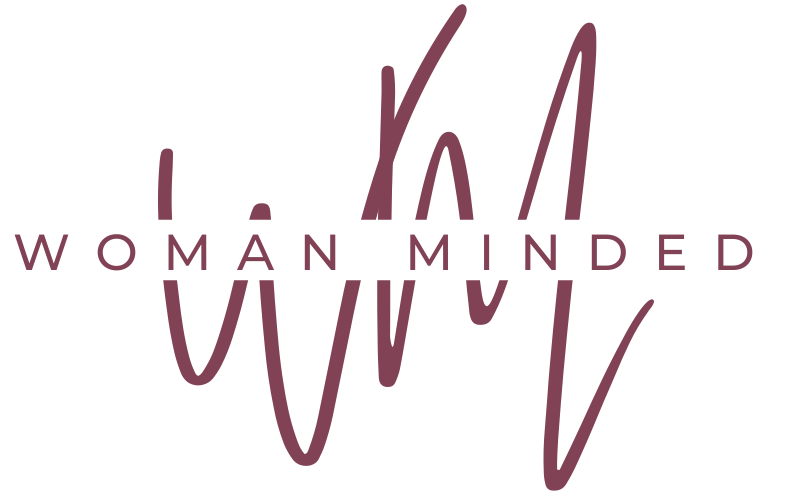Cabbage + Other Breast Friends
/Cabbage is kind of a humble superfood. It is plentiful, not costly, doesn’t come in sexy packaging and gets kinda stinky when it’s over steamed. And yet…cabbage may be one of the best foods to start adding to your diet if you are concerned about women’s health.
You see, cabbage comes from a family of vegetables called Brassicas, a sub-family of the cruciferous family. They include broccoli, cauliflower, Brussels sprouts, collard greens, turnips and kale. All my favs!
Cruciferous vegetables contain phytochemicals known as isothiocyanates and indoles which may have a protective effect against some types of cancer, notable breast and other reproductive cancers. These chemical components (including sulforaphane (SFN) and indole-3-carbinol (I3C)) have been revealed to prevent the expression of cancer causing genes. A recent study found that consumption of raw and short-cooked cabbage and sauerkraut among teen and adult women was associated with significantly reduced breast cancer risk (in a study among Polish migrant women). These findings contribute to our growing understanding of cruciferous vegetable intake on breast cancer risk.
Recently, researchers found cruciferous vegetable intake during the first 3 years after breast cancer diagnosis was associated with a reduced risk for total mortality, breast cancer-specific mortality and disease recurrence. Crucifers may also be fabulous for those women who have undergone treatment for breast cancer as they may reduce side effects from radiation. A 2017 study found that women with a higher intake of cruciferous vegetables had fewer menopausal symptoms and less fatigue which are common complications after breast cancer treatment.
How much can I eat?
Daily consumption includes a cup up to two cups of raw or lightly cooked cabbage (or other crucifers). Excess raw goitrogens such as cabbage have been shown to disrupt iodine intake and contribute to hypothyroidism among women with low iodine, a common deficiency. However, negative side effects tend to come from raw goitrogenic vegetables in excess of 2 cups (5 oz.) per day Heating neutralizes the goitrogenic compound so simply steaming or cooking your cabbage and crucifers can negate these potential side effects.
Cabbage is also quite high in insoluble fiber which although great for the digestion can speed up motility (digestion speed) in excess causing diarrhea, bloating and cramping so it is important to slowly increase intake of higher fiber veggies like cabbage to allow the body to become accustomed to digesting them. Alternately, enjoy a tablespoon of raw sauerkraut which has already been partially digested and consider adding a digestive enzyme like Beano when enjoying cabbage.
How can I eat more?
Slice or shred into salad
A damn good slaw!
Add to a soup toward the end of cooking (not to overcook but to wilt)
Replace rice or cheese in a taco
Sauté with eggs and/or turkey bacon
Stir fry with bok choy, shredded Brussels and peanut sauce
Shred into salmon salad
Add to your ramen bowl
Enjoy as naturally fermented sauerkraut or kimchi (lovin’ Cleveland Kitchen and Hawthorne Valley!)
Sources:
Babiker A, Alawi A, Al Atawi M, Al Alwan I. The role of micronutrients in thyroid dysfunction. Sudan J Paediatr. 2020;20(1):13-19. doi: 10.24911/SJP.106-1587138942. PMID: 32528196; PMCID: PMC7282437.
Nomura SJO, Hwang YT, Gomez SL, Fung TT, Yeh SL, Dash C, Allen L, Philips S, Hilakivi-Clarke L, Zheng YL, Wang JH. Dietary intake of soy and cruciferous vegetables and treatment-related symptoms in Chinese-American and non-Hispanic White breast cancer survivors. Breast Cancer Res Treat. 2018 Apr;168(2):467-479. doi: 10.1007/s10549-017-4578-9. Epub 2017 Dec 11. Erratum in: Breast Cancer Res Treat. 2018 Jan 11;: PMID: 29230660; PMCID: PMC5928523.
Royston KJ, Tollefsbol TO. The Epigenetic Impact of Cruciferous Vegetables on Cancer Prevention. Curr Pharmacol Rep. 2015 Feb 1;1(1):46-51. doi: 10.1007/s40495-014-0003-9. PMID: 25774338; PMCID: PMC4354933.
Vanderbilt University Medical Center. "Eating cruciferous vegetables may improve breast cancer survival." ScienceDaily. ScienceDaily, 3 April 2012. <www.sciencedaily.com/releases/2012/04/120403153531.htm>


